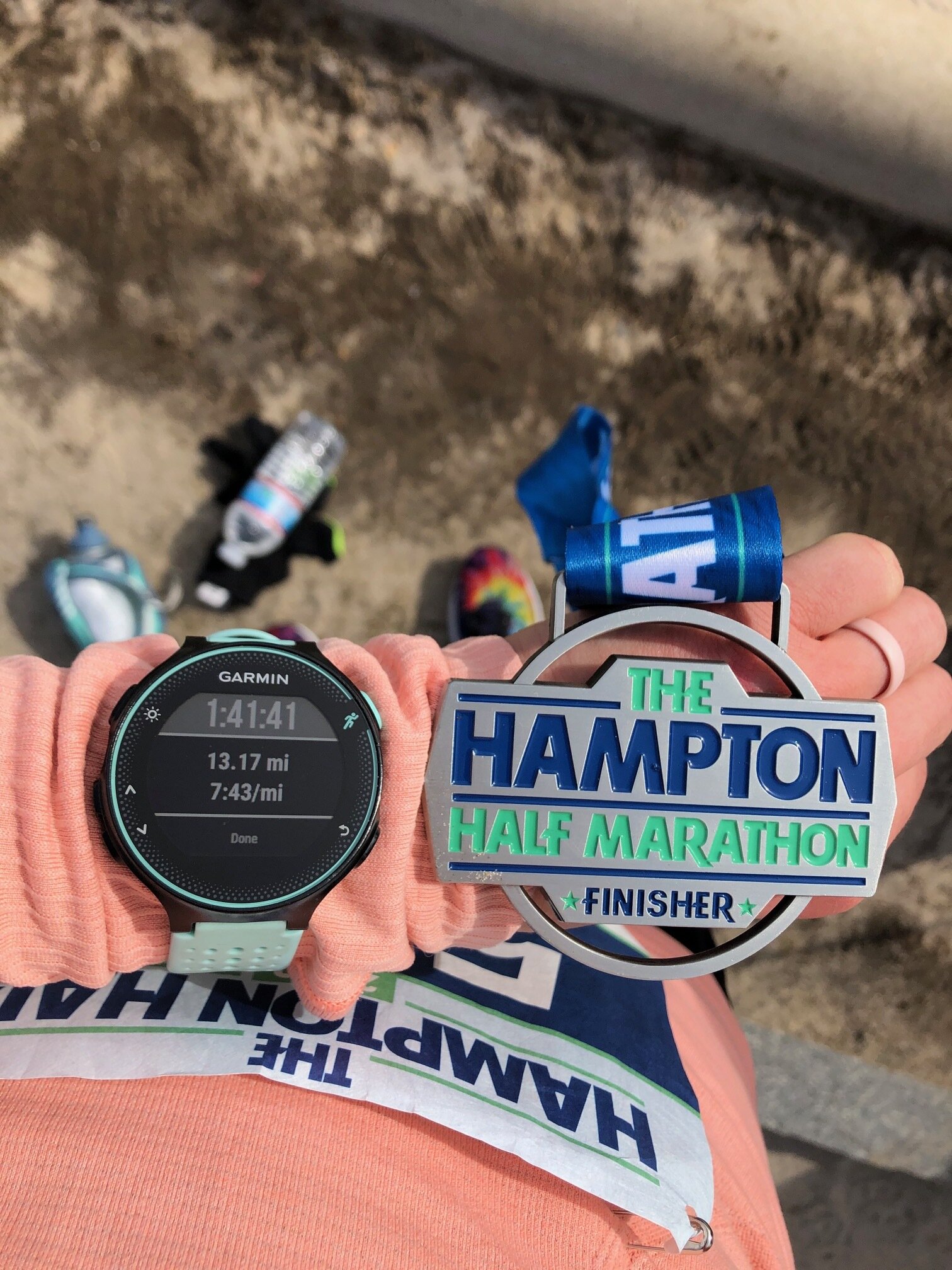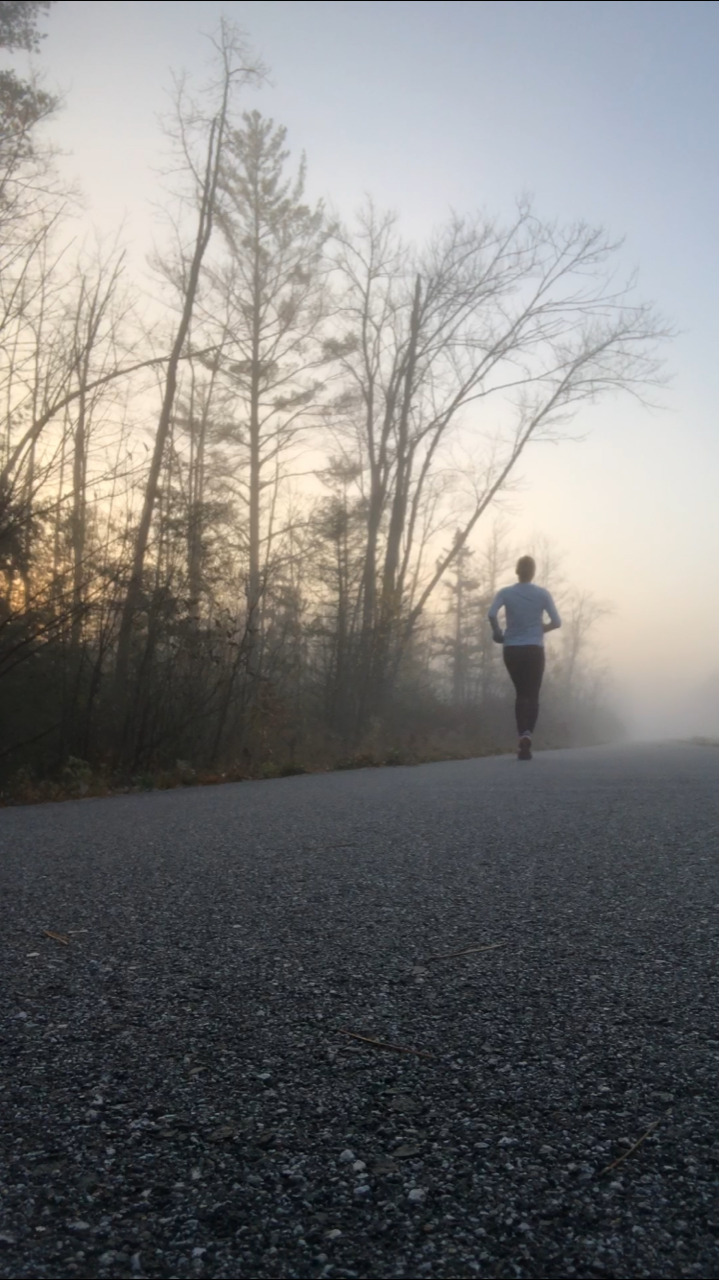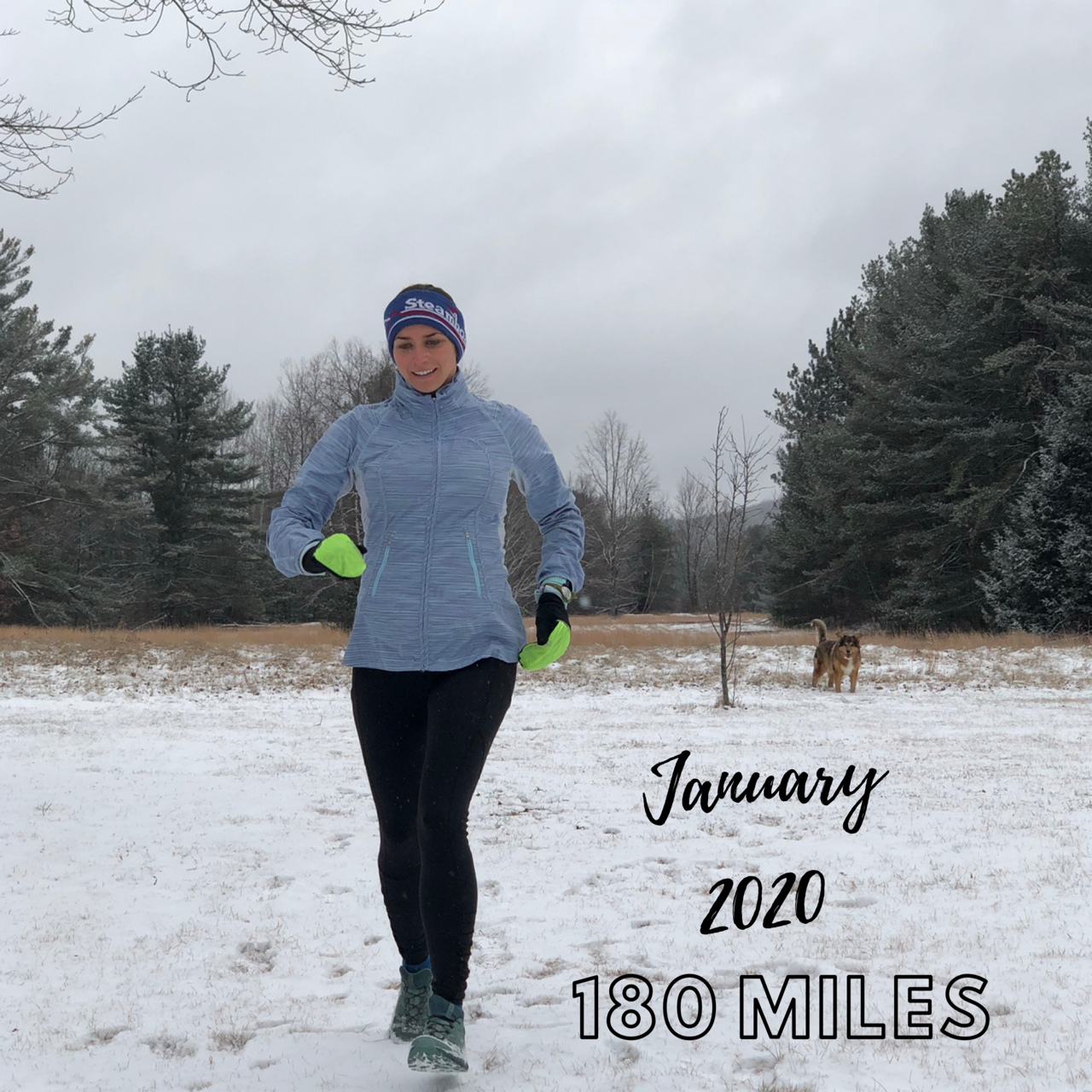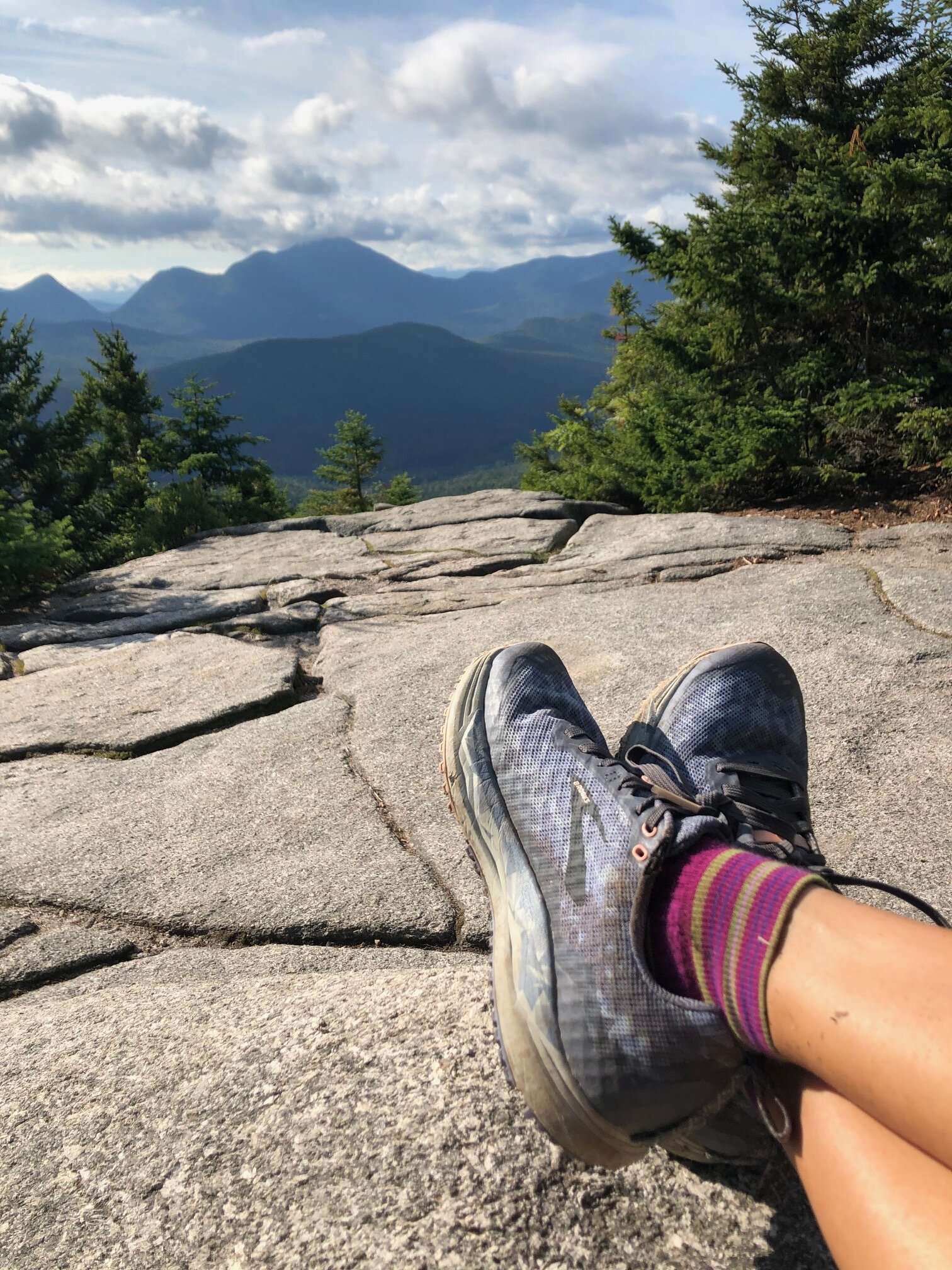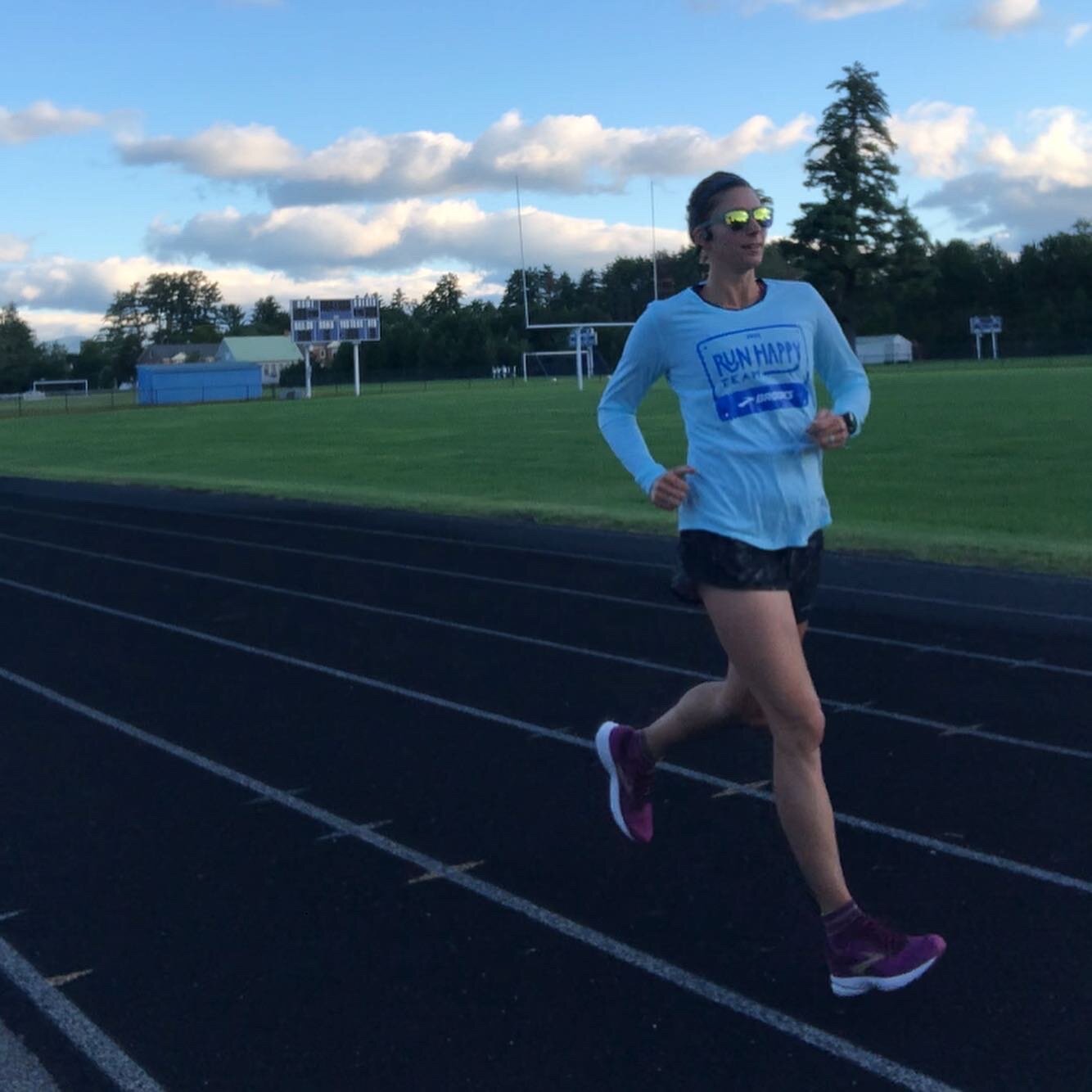Workout Wednesday: How To Get Faster
It’s the topic that I always love to read about- how do you get faster while running?!? I never imagined that I would be a sub 2 hour marathoner (I was honestly just hoping to get below 2:10 at one point in time), but I’ve somehow managed to get close to breaking that elusive 1:40 mark. It’s taken a lot of work, but I have managed to become consistent over the years and knock over 45 minutes off of my time.
First thing that I did-> Became consistent
I started skipping less runs, running more often, and gradually increasing my weekly mileage. I didn’t start doing anything crazy (like 50+ mile weeks) until after running for 5+ years, but just having the consistent effort and habit of running made a big difference.
Add in -> Speedwork
Speedwork doesn’t need to be anything crazy (you definitely don’t need to start incorporating mile repeats right away or 2 x 3 mile repeats), just even consider doing a few faster strides (think: less than 1/10th of a mile fast run/jog followed by either walking or slower jogging until you catch your breath and then repeat a few more times). This is when I started to notice an immediate difference in my running times come race day.
Don’t forget about -> Strength Training
It’s certainly hard to do now, but strength training is IMPORTANT! I really want to do a blog post coming up about how to do bodyweight strength training from your home because (at least for me) our gyms are closed indefinitely and I cannot find free weights anywhere. Strength training is so important to help you get stronger and also to prevent injuries. Even just two times a week (cut your run shorter and add in a few moves if you’re short on time) will make a difference.
Do not just -> run fast
If you’re only interested in running fast, then I’d suggest doing other cross training on the 2-3 days that you want to incorporate speed work (think: 1 day. week with some sort of faster running repeats, 1 day/week with strides, 1 day/week of longer runs). If you’re running 5-6 days a week, your runs should not be all ‘full out’. You’re asking for an injury (or just to ever improve) if you run like this.
Also don’t-> run the same speed all the time.
Your runs should never all be at the same time (like above) and they should be slower than your race paces (think: 2 + minute slower than marathon pace). Yes, you can run faster, but you’re not giving your body time to adapt and build your oxygen stores/blood volume when you consistently stress your heart to it’s max.
Don’t just -> stretch
Stretching is GREAT and should absolutely be done before and after your runs, however you need to do dynamic warm-ups/ cool downs/ strength training to help your muscles adapt/ get warm/ cool down / get stronger. Stretching does a lot, but think about any aerobics class you’ve gone to -> what do you do before you stretch? You have to warm-up your muscles, get the work done, slow your heart rate down, then you get to stretch and relax.
———————————————————————————————————————————————————
What tips would you add that helped you improve your running times?
Favorite ways to strength train right now?
What are you training for?

